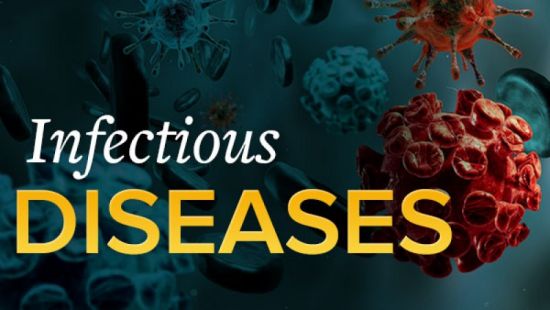Published 9/2024
MP4 | Video: h264, 1920×1080 | Audio: AAC, 44.1 KHz
Language: English | Size: 832.31 MB | Duration: 1h 33m
learn complete basics of ecg forever.
What you’ll learn
Understand each minute details of ecg lead
Confidence in diagnosis
Understand affected wall of heart
confirm significant changes from non significant one ,avoid panic.
Requirements
Should know heart fuctioning of heart
Description
No need to learn basics of ecg again. full stop solution. Now after this you will learn all waves and minute details of ecg waves so as to make right diagnosis. Students struggles a lot to understand ecg. Sometimes it’s too short sometimes it’s too long and lengthy to understand and apply practically. After this lecture on ecg you will be able to understand any changes in physiology and pathology. Just go through this and easily you will understand each minute details of normal ecg that you can draw 12 leads on paper by yourself. You can ask personal quires and questions. Required things for understanding ecg like cardiac cycle, pacemaker system is also covered as and when required. Different color combinations make easy to understand. after this understanding 7 steps of reading an ecg should be read by you and 4-5 main changes of different cardiac disease by yourself. This part will be simple once you understand here given ecg. You will understand axis of heart, rhythm of heart, arrhythmias, heart failure, hypertrophies, etc. waves of ecg like p wave, qrs complex and t wave ,st segments are easy to understand now. I will upload others steps of reading an ecg again if there is demand. Four major illness like heart failure, cardiac arrhythmias, infarction, hypertrophies etc. can be diagnosed and significant vs non-significant changes are easily pointed out.
Overview
Section 1: Introduction
Lecture 1 Introduction
Lecture 2 Axis of heart for ECG
Lecture 3 Benefit or Application of Axis
Lecture 4 Cardiac Cycle
Lecture 5 Electric current PQRST
Lecture 6 Vector rules and drawing rules – bipolar & unipolar leads
Lecture 7 Vector rule – ventricular leads
Any medical students and science students
Homepage










